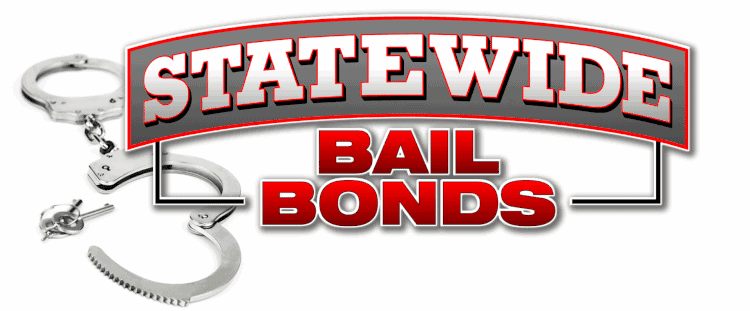Introduction
If you have a loved one facing criminal charges, understanding the bail process is crucial. When the court grants bail, it allows the defendant to remain free before the trial begins. However, this freedom often comes with specific conditions, one of which might be a cash bond. But what exactly is a cash bond, and how does it work?
What Is a Cash Bond?
A cash bond requires the defendant to pay the entire bail amount in cash to ensure they return to court for their trial. Unlike other types of bonds, such as property or surety bonds, a cash bond means paying the full amount upfront without the option of using a bail bondsman to cover a percentage.
When Do Cash Bonds Apply?
During the initial bail hearing, a judge will determine if the defendant is eligible for bail and what type of bond is appropriate. A cash bond might be considered if the defendant:
- Is a flight risk
- Has an outstanding warrant in another jurisdiction
- Has failed to pay prior fines
- Has missed previous court dates
- Is likely to commit another crime before the trial
How To Pay Cash Bonds
Paying a cash bond is straightforward but requires precision. Here’s how it works:
- Court Operating Hours: The accused can pay the cash bond at the court during its operating hours.
- After Hours: If the court is closed, the bond can be posted at the jail, but ensure you have the exact amount as jails do not provide change.
- Payment Options: Some facilities offer kiosks for credit card payments, allowing you to post bail without cash.
- Keep Receipts: Always keep the receipt from the bond payment, as it will be needed during court proceedings.
Who Can Pay a Cash Bond?
Typically, the defendant, a family member, or a bail bondsman can post a cash bond. This flexibility helps the defendant secure their release without personally having the full bail amount.
Is a Cash Bond Refundable?
Yes, a cash bond can be refundable under certain conditions. If the defendant pays the full amount in cash and adheres to all court conditions, they may receive a full refund. Here’s how:
- Compliance: The defendant must attend all court proceedings and follow bail conditions.
- Case Resolution: Refunds depend on the case outcome, such as:
- Completion of a diversionary program
- Sentencing
- Dismissal of charges
- Acquittal
Important Considerations
If you’ve posted a cash bond for someone, ensure they comply with all court conditions. Failure to do so can result in the forfeiture of the bail amount. Additionally, courts may deduct fines and fees from the bond payment.
Conclusion
If you or your loved one cannot afford to post a cash-only bond, partnering with a reputable bail bondsman is essential. At Statewide Bail Bonds, we can assist in posting a cash bond, ensuring your loved one doesn’t have to wait for their trial in jail. Contact us today to schedule a free initial consultation and learn how we can help.
